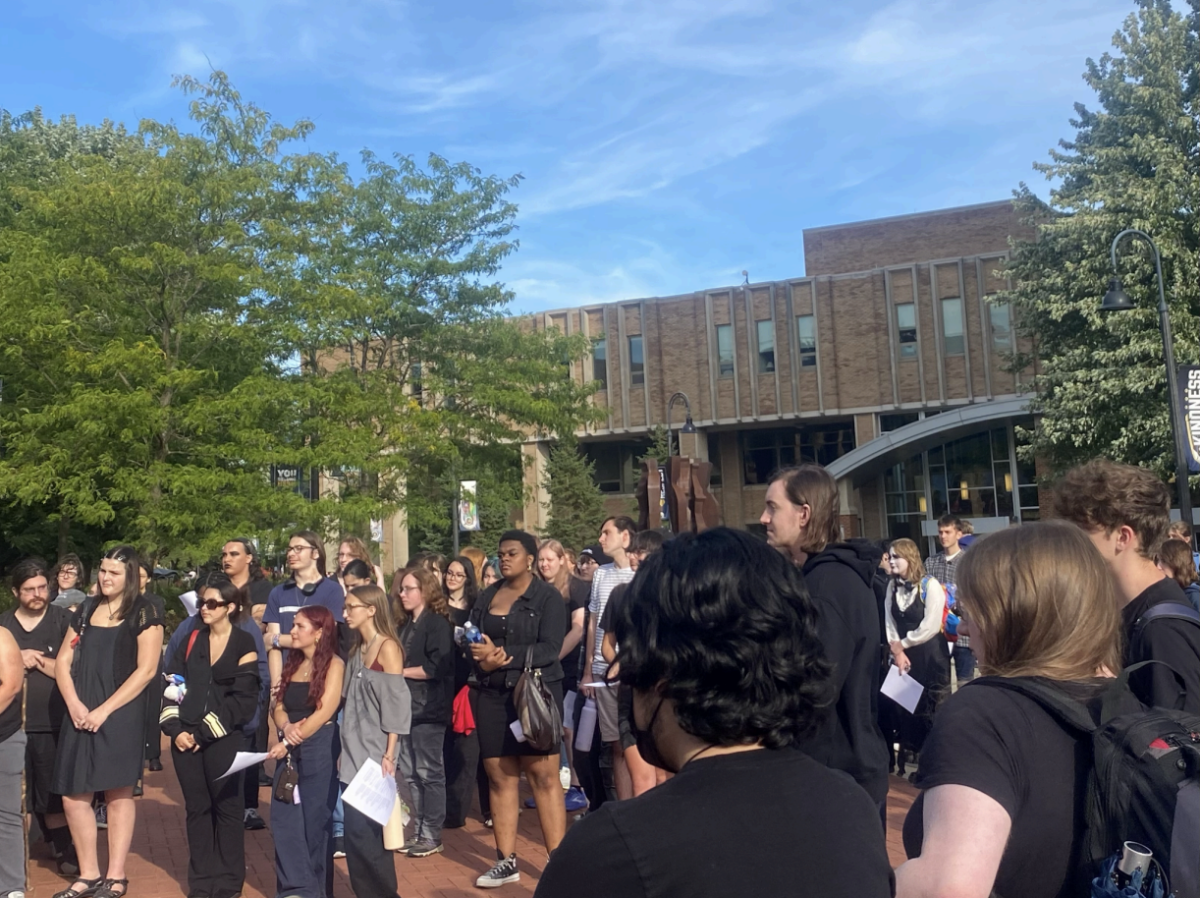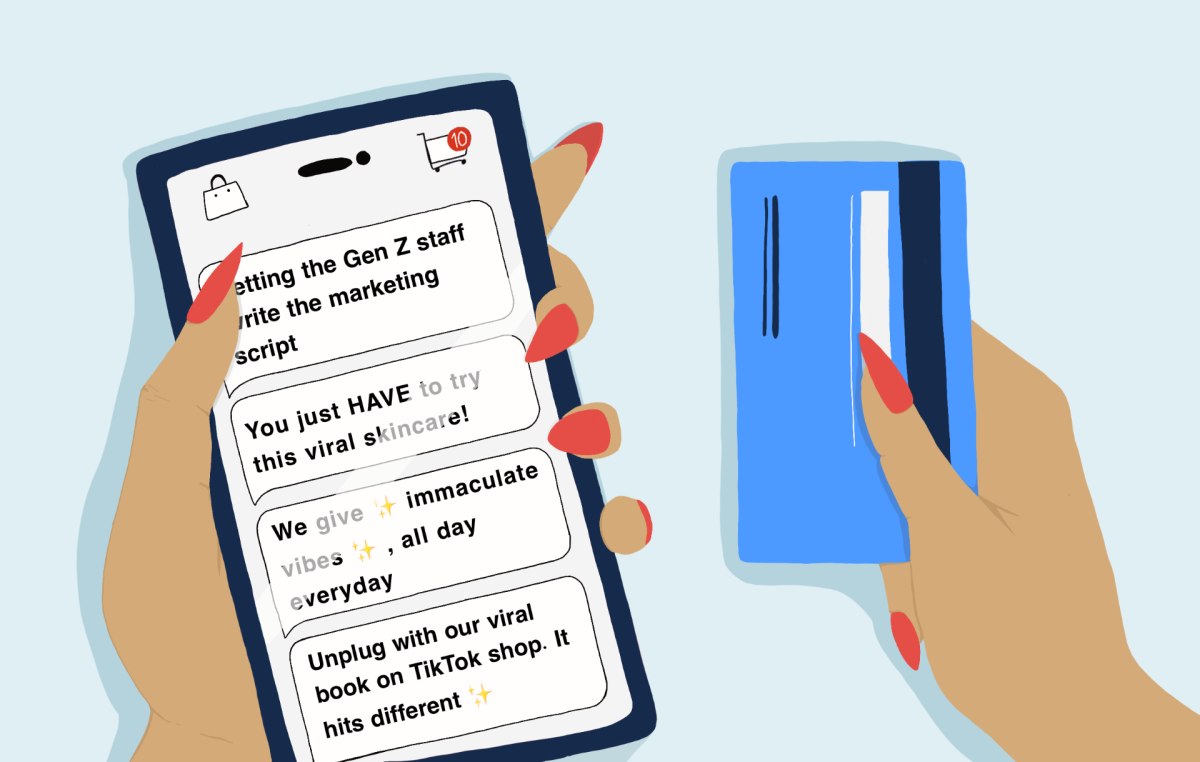Every person strives to be happy, or at least work towards the things they think will make them happy, but what truly is the meaning of happiness? How much does Western culture actually value it?
In the book, “The Art of Happiness,” psychiatrist Howard C. Cutler spends time among the Dalai Lama. He learns the ways of Buddhism and comes to understand how this religious figure lives his life as happily as he can possibly be. Cutler determines that with practice and a reframing of mind, anyone can increase their levels of happiness. Cutler states in his findings that, “…happiness is determined more by one’s state of mind than by external events.”
In Western culture, specifically in the United States, the idea that material objects will bring people more happiness is fed to us with a heavy hand. This idea has people believing if they just get a new car, a new phone or a bigger house, they will achieve happiness—but that happiness is only temporary. “Psychologists call this process adaptation, and we can see how this principle operates in our everyday life; a pay raise, a new car, or recognition from our peers may lift our mood for a while, but soon we return to our customary level of happiness,” Cutler writes.
So, if material belongings won’t make people happy, what will? The aspects of human life that are shown to increase happiness are internal. The quality of the relationships someone has, how satisfied they are with themselves and the gratitude they feel for the things they already have are what fulfill us most.
Dr. Ryan Hediger, Professor of English at Kent State University is teaching a course on Happiness Literature and Culture. This semester he chose to have his students write in a gratitude journal three times a week as an experiment to see how it changes their levels of happiness over the semester. When asked how people can increase their levels of happiness, he believes, “working to accent the positive elements of life, perhaps by keeping a gratitude journal, and doing some kind of meditation practice also both help.”
Recently, in the United States, levels of loneliness have increased due to the culture’s emphasis on individual achievement. Less value is put on being with other people, and it is simply because our culture values personal success over collectivism. Dr. Hediger states that “American culture remains very much achievement-oriented, often seeking to maximize things like earning potential at work or achievements in other domains.” This midset is very isolating.
While Dr. Hediger agrees that personal success and goals do stimulate happiness to some degree, it is not as vital to overall happiness as spending time with the people you care about. He says, “Spending time with others is really important, and it facilitates another key role to happiness, compassion for others. There is a virtuous circle connected to compassion, because in caring for others, we help them feel better, and we help ourselves feel better.”
With recent movements towards better work conditions and more work-life balance, it seems that many Americans are waking up to the idea that they need to make more time for the things that really matter in life. Striving for the aspects of their life that really make them happy is becoming a top priority– the culture is changing.
Gen Z has overwhelmingly realized that they don’t want to work their life away and would rather spend their time doing things of personal value, such as traveling and spending time with family and friends. Mental health prioritization has also been growing in popularity as people realize that without working on themselves and their own personal well-being, they will never be truly happy. With these positive changes, Americans are catching on to the idea of striving towards higher levels of happiness, regardless of how the system works to counteract it.
Support Student Media
Hi! I’m Annie Gleydura, A Magazine’s editor-in-chief. My staff and I are committed to bringing you the most important and entertaining news from the realms of fashion, beauty and culture. We are full-time students and hard-working journalists. While we get support from the student media fee and earned revenue such as advertising, both of those continue to decline. Your generous gift of any amount will help enhance our student experience as we grow into working professionals. Please go here to donate to A Magazine.


















